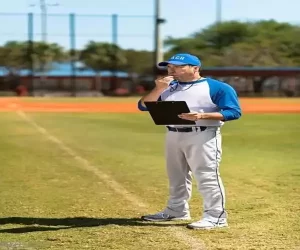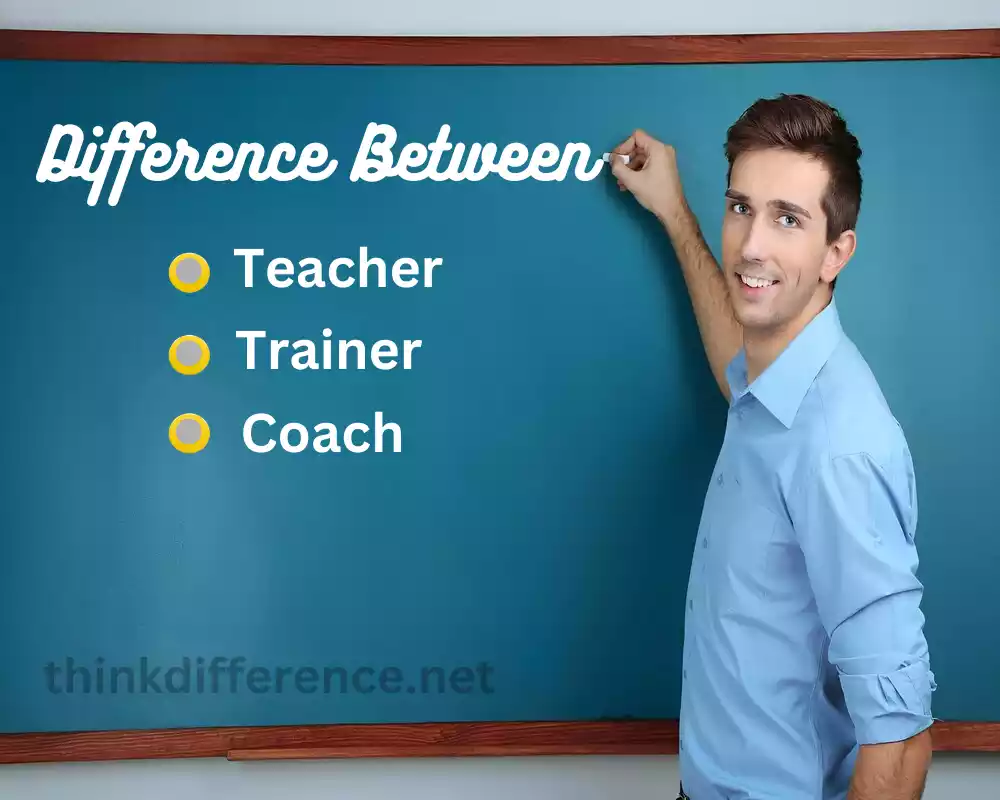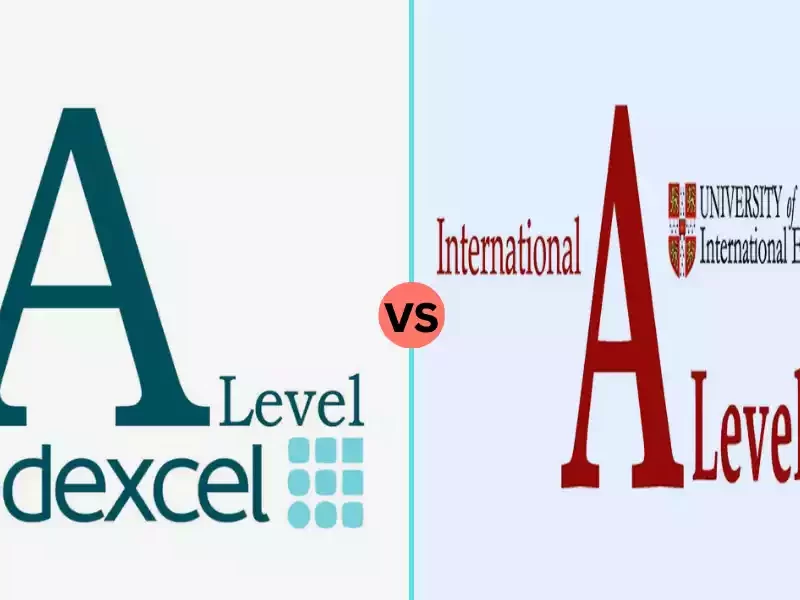Overview of Teacher and Trainer and Coach
All three roles and responsibilities within learning and development vary, making understanding these distinctions crucial for setting expectations accurately while capitalizing on expertise.
Teachers primarily dedicate themselves to classroom teaching and academic learning in formal educational environments like colleges and schools. Teachers’ main functions involve imparting knowledge, facilitating learning, ensuring comprehension of topics covered, using teaching techniques/methods/curriculum plans etc to assess student progress through examinations or assignments as necessary.
Trainers specialize in developing specific skills for specific purposes in various contexts including corporate training, vocational training and professional development. Trainers use targeted content to increase competencies. Training methods may include practical application with hands-on learning using simulations, interactive exercises and workshops as means to empower their learner’s success within their respective industries.
Coaches focus primarily on the personal and professional growth of their clients. Coaches provide services in various areas – sports, leadership, career/life coaching etc – such as active listening techniques or questioning to guide individuals in uncovering their strengths, weaknesses and aspirations for improvement. Goal setting and experiential learning techniques are often employed by coaches; while acting as guides who offer support, and accountability strategies to reach desired results quickly.
Each role may seem distinct, yet there are common skills and abilities shared among them. All three require effective communication – such as active listening, clear explanations, and good communication skills. Teachers, trainers, and coaches all share another quality, adaptability. Teachers must adapt their approaches to meet the diverse learning needs of diverse learners while motivating and encouraging their progress along the way; assessment skills help evaluate performance as well as give constructive feedback that may aid improvement.
Understanding the various roles played by teachers, trainers, and coaches can be essential in unlocking their full potential to support learners’ growth and development.
Importance of understanding the distinctions between Teacher and Trainer and Coach
Understanding the differences between trainers and coaches, teachers, is important for many reasons:
- Clarifying Expectations and Roles: Understanding each role’s specific responsibilities allows learners to gain clarity as to what to expect from their teachers, setting expectations without creating confusion about its purpose or outcome in learning processes.
- Targeted Learning Outcomes: Each role plays an essential part when it comes to setting specific learning outcomes, teachers prioritize academic knowledge and conceptual understanding while trainers hone specific skill development while coaches work on personal and professional growth. By understanding these differences and respecting them appropriately, both learners and stakeholders can align their goals together and select an optimum educational approach.
- Tailored approaches to learning: Teachers, trainers, and coaches use various approaches and methodologies to foster learners’ development. Teachers typically follow structured curricula while trainers focus on practical application while coaches utilize reflective practices. Understanding each method enables educators to tailor their methods according to learners’ individual needs and preferences.
- Maximizing Learners’ Potential: Educational institutions and organizations can maximize support and resource systems by recognizing each role’s contribution, from teachers and trainers to coaches with distinct expertise. Together these experts create personalized, well-rounded, comprehensive learning experiences which benefit all aspects of development through various teaching methodologies. This collaboration also allows for guidance of specific aspects of development as well as new ways of instruction that benefit students.
- Career Choices and Professional Development: Understanding the differences among roles can assist individuals in making an informed decision about their professional path. Aspiring educators may select one that matches their strengths, interests, and desired impact with learners while understanding which competencies and skillsets each role requires enables individuals to target their professional development efforts more precisely.
- Interdisciplinary Learning and Effective Collaboration: Teachers from multiple roles can collaborate by exchanging knowledge and experience that fosters interdisciplinary opportunities, leading to improved pedagogy methods and best practice sharing that ultimately enhance the quality of education offered to learners.
Understanding the differences among teachers, trainers and coaches is vital in setting expectations, customizing educational approaches to meet learner potential maximization, and supporting professional growth. The collaboration will benefit everyone to ensure an exceptional learning experience.
Teacher

Teachers play an indispensable part in formal educational settings like schools and colleges. Their primary mission is facilitating learning for their pupils while passing knowledge onto them – These responsibilities span multiple aspects of a teacher’s role including:
- Classroom Instruction: Teachers deliver academic material to their students in an organized and systematic way, using examples to convey difficult concepts, while engaging their pupils using various teaching methodologies.
- Curriculum design: Teachers can design or implement a curriculum tailored specifically for their subject areas or grade levels by educational institutions’ standards and learning objectives.
- Knowledge Transfer: Teachers are experts in their subject field, eager to impart that expertise to their students. Teachers provide explanations, answer questions and facilitate discussions to assist the pupils in grasping concepts more quickly and applying them correctly.
- Assessment and evaluation: Teachers assess students’ understanding and progress through quizzes and tests as well as various other evaluation techniques, using feedback/grades as measures of monitoring student development while pinpointing areas that need improvement.
- Classroom Management: Teachers can facilitate an environment conducive to learning by managing classroom dynamics and upholding discipline in their classes, engaging their students actively, setting routines, setting expectations, and cultivating an encouraging and respectful classroom culture.
- Individualized instruction: Teachers understand the needs, learning styles, and abilities of their pupils can vary considerably; therefore they adjust their teaching methods to cater to diverse learners.
- Mentorship and guidance: Mentorship and Guidance Teachers serve as role models and guides to their students, offering advice, encouragement, and support both academically and personally – creating an encouraging and nurturing learning environment.
- Collaboration and Professional Growth: Teachers work closely together with their colleagues to pool resources, best practices, and ideas that will bolster their teaching methods. In addition, educators participate in ongoing professional development courses to remain up-to-date on research findings and pedagogy practices.
Teachers play an invaluable role in shaping academic development among their pupils, nurturing critical thinking abilities, and instilling a passion for learning in them. Their dedication and enthusiasm play an invaluable part in student success as well as educational experience.
Trainer

Trainers specialize in skill development and education for specific fields or industries. Trainers focus on hands-on learning and practical application as opposed to teachers who tend to emphasize academic knowledge. Here are the essential responsibilities of a trainer:
- Skill Development: Trainers have extensive expertise and experience in their chosen field, creating and delivering training programs designed to foster specific abilities or job-related proficiency.
- Needs assessment: Trainers assess the capabilities and needs of their audience. Once identified, trainers create training programs tailored specifically to these issues.
- Design and Delivery of Training: Trainers craft lesson plans and instructional content to deliver memorable learning experiences using various methodologies like interactive workshops and simulations.
- Practical application: Trainers emphasize the value of real-world scenarios and practical applications as a means of helping learners apply what they have learned to practical applications. By giving learners opportunities to utilize and practice newly gained skills and knowledge under the guidance of feedback from trainers, reinforcement occurs.
- Training evaluation: Trainers evaluate the efficacy of training programs through evaluations, assessments, and feedback mechanisms. Data regarding learners’ performance, skill improvement, and satisfaction is collected to continuously refine training content and delivery methods.
- Expertise in their subject area: Trainers have in-depth knowledge and expertise regarding their particular areas of training. They stay abreast of new industry trends, best practice guidelines, and emerging technology to make sure training content remains current with industry standards and is relevant.
- Adaptability: Trainers adapt approaches and techniques used in training to the different learning styles, backgrounds, and needs of their participants. Trainers may adapt content specifically tailored for an organization or unique challenges faced within an industry.
- Continuous Learning and Professional Development: Trainers engage in continuous learning activities designed to sharpen their skills, expand their knowledge base, and stay current on emerging technologies, methodologies, and tools relevant to their industry.
Trainers play an essential role in equipping individuals with the practical skills and competencies necessary for professional advancement and advancement. Their focused approaches can contribute to increased performance, productivity, and effectiveness across certain work areas or industries.
Coach

Coaches provide individual or team learning through personal and professional growth, helping them achieve their goals, realize potential, and discover strengths they didn’t previously realize. Coaches work across numerous contexts such as sports, leadership, and life coaching – With several key areas covered within each role:
- Goal Setting: Coaches work closely with teams or individuals to identify their desired outcomes, goals, and aspirations. They offer guidance and assistance as you clarify objectives and create plans to reach these targets.
- Self-Reflection, Discovery, and Awareness: Coaches use active listening and questioning techniques to assist clients in discovering their values, beliefs, strengths, and weaknesses as well as encourage self-reflection, self-awareness and insight into motivations and challenges they are experiencing.
- Support and Guidance: Coaches provide their clients with guidance, encouragement, feedback, perspectives, and insights throughout their coaching journey. By doing this, coaches help individuals overcome challenges more efficiently while developing strategies or managing both professional and personal difficulties with greater ease.
- Accountability: Coaches hold individuals responsible for their actions and commitments by setting realistic deadlines, milestones, and action plans that meet realistic timelines, milestones, and plans for them to follow through on. In doing this, coaches help keep individuals on the path toward meeting their goals while keeping them focused.
- Skill development: Coaches provide individuals with assistance to develop specific skills which relate to their goals; depending on the context of coaching. Such abilities could include leadership, communication, and decision-making competencies needed for professional or personal advancement.
- Experience-Based Learning (EBL): Coaches use experiential learning methods to enable individuals to draw upon real-life experiences for personal development and growth. By designing role-plays, simulations, or exercises tailored to an individual’s learning style they provide individuals with supportive environments in which to acquire new abilities or insights in an enjoyable and constructive environment.
- Motivation and Empowerment: Coaches provide motivation and empowerment that encourage individuals to overcome challenges, stay on target with their goals, tap into inner strengths, and foster confidence to create a positive outlook.
- Confidentiality: Coaches take great pride in creating a confidential space where their clients feel free to discuss any personal, aspiration, and thought processes without fear of judgment or ridicule from outside sources. This encourages open and honest communication which builds stronger coaching relationships.
Coaches play an invaluable role in supporting individuals’ personal, professional, and well-being. Through self-reflection, goal setting, and ongoing support from their coaches, individuals can make meaningful life changes that maximize potential while creating success in every aspect of life.
Comparison table of Teacher and Trainer and Coach
Here is a table that highlights some key distinctions among Teachers, Trainers, and Coaches:
| Aspect | Teacher | Trainer | Coach |
|---|---|---|---|
| Focus | Academic learning and knowledge impartation | Skill development and practical training | Personal and professional development |
| Learning Outcome | Conceptual understanding and knowledge | Specific skills and competencies | Personal growth and goal achievement |
| Methodology | Classroom instruction, structured curriculum | Hands-on training, practical application | Questioning, reflection, experiential learning |
| Relationship with Learners | Authority figure, knowledge provider | Subject-matter expert, mentor | Partner, guide, accountability source |
| Setting | Formal education environments (e.g., schools) | Professional development, vocational, corporate | Sports, leadership, life, career contexts |
| Assessment | Examinations, assignments, academic grading | Performance evaluation, skill assessment | Progress evaluation, goal achievement |
| Role | Imparting knowledge, facilitating learning | Developing specific skills and competencies | Facilitating personal growth, goal attainment |
| Context | Academic institutions | Professional development, vocational, corporate | Sports teams, leadership positions, individual clients |
| Collaboration | Collaboration within educational settings | Collaboration within training industries | Collaboration within coaching communities |
| Emphasis | Academic content and subject matter expertise | Practical application and hands-on training | Self-reflection, goal-setting, empowerment |
| Key Skills | Instructional delivery, classroom management | Training design, facilitation, subject-matter expertise | Active listening, questioning, guidance |
Overlaps and Common Skills
Teachers, trainers and coaches all fulfill different roles, they all possess similar competencies that enable them to be effective educators. Here are a few areas in which teachers, trainers and coaches share skills:
- Communication Skills: Each role demands strong communications abilities for effective delivery of information, instructions and feedback. Clear and direct language assists learners’ comprehension while creating engagement among members of an institution or program.
- Adaptability: Teachers and trainers need to tailor their methods and approaches in order to meet the diverse learning styles, needs and contexts that they face when teaching/coaching/training their pupils or clients. Their methods, strategies and materials must adapt based on individual preferences, learning styles and changing situations.
- Empathy and Relationship-Building: All educators should seek to foster positive relationships between themselves and learners by building trusting, supportive environments that facilitate motivation, engagement and effective learning.
- Active Listening: Active Listening is an essential skill for trainers, coaches and teachers. Paying careful attention to learners’ concerns, questions and feedback enables educators to better comprehend and tailor their instruction and guidance accordingly.
- Assessment and Feedback: All three roles require assessment and feedback to learners in some capacity or another; regardless of method and focus. Assessing students for exams or performance reviews requires this critical activity; assessment is key in supporting learners to succeed and thrive!
- Organisation and Planning: Teachers need to be well organized in order to deliver lessons, training sessions or coaching sessions that are effective. To create an organized and productive learning environment, they must efficiently manage resources such as time and materials.
- Lifelong Learning: Teachers and trainers should embrace lifelong learning to ensure professional advancement and increase effectiveness. Staying apprised with current research findings, techniques and industry trends is paramount in remaining up-to-date and maximising effectiveness of instruction or training sessions.
- Problem Solving: Teachers frequently encounter hurdles and hurdles when performing their duties, making critical and creative problem analysis key in meeting any obstacles to the work being completed by these educators. This applies across the board; whether dealing with student issues, adapting training methods or helping people overcome barriers – problem-solving techniques must always remain front of mind for educators in any profession.
Teachers, trainers and coaches all possess vital skills that enable them to effectively facilitate learning, personal growth and skill acquisition for their pupils or clients. With such abilities at their disposal, educators are better able to respond to individual needs with creativity while creating lasting learning experiences for all parties involved.
Conclusion
Teachers, Trainers, and Coaches are indispensable pillars of education and personal development. As they seamlessly blend their roles and expertise, they create a profound impact on individuals and society at large. By fostering knowledge, skills, and personal growth, these “TTC” professionals contribute to shaping minds and transforming lives.



